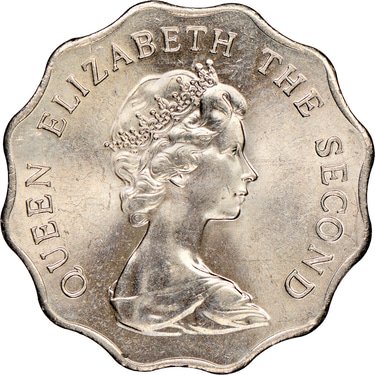Use Desktop for Better Experience
Property Market in 2024: Should We Buy or Rent a House?
ECONOMIC
Ryan Cheng
6/29/20242 min read


The Hong Kong property market has recently experienced significant changes, with housing prices dropping by around 20%. Developers are even selling at a loss to clear their inventory. This situation has left many investors and homeowners puzzled about future market trends and whether to buy or rent a house.
Firstly, housing prices are determined by supply and demand, both of which fluctuate over time. In recent years, Hong Kong’s property prices have declined due to issues on both the supply and demand sides. For example, in the past four years, hundreds of thousands of people have emigrated from Hong Kong, many of whom had accumulated assets over the years. After moving to places like the UK, they tend to sell their Hong Kong properties, increasing market supply.
Additionally, many retirees or soon-to-be retirees have opted to move to the Greater Bay Area, where the cost of living is lower, further increasing housing supply. Developers also hold a significant number of unsold units, approximately 23,000. To maintain cash flow, they are forced to sell these units at discounted prices, exacerbating the oversupply issue.
In the short term, demand for housing is weak due to increasing economic uncertainties and rising interest rates, making home purchases more burdensome. Although housing prices have decreased, higher mortgage rates keep the housing affordability index high. In the long term, attitudes towards homeownership have also changed, especially among the younger generation, who show less inclination to buy property in Hong Kong.
However, it's worth noting that the government’s statistics indicate an increase of 30,000 people in Hong Kong’s population in 2023, primarily due to new immigration programs and high-talent visa schemes. This will create some long-term demand in the property market. Nonetheless, we must consider whether these new immigrants have the financial capacity to purchase property in Hong Kong.
From an investment perspective, renting is currently more cost-effective than buying. The current rental yield is approximately 2-2.5%, while fixed deposit or bond yields can reach 4.7-5%. The cost of servicing a mortgage is higher than renting directly. Therefore, unless there is a strong expectation that property prices will rise significantly, renting is a more advisable option.
For investors holding properties with negative equity (where the property’s market value is lower than the purchase price), it’s crucial to analyze the market rationally. The initial purchase price is less relevant than the current market value and future expectations. If selling the property and reinvesting elsewhere can yield higher returns, it would be wise to sell.
In summary, Hong Kong’s property market is unlikely to return to its previous highs in the short term due to oversupply and weak demand. Renting is more cost-effective than buying, and investors with negative equity should make decisions based on market analysis. Long-term market changes will depend on policies and economic conditions in Mainland China, but short-term risks and uncertainties remain high.
